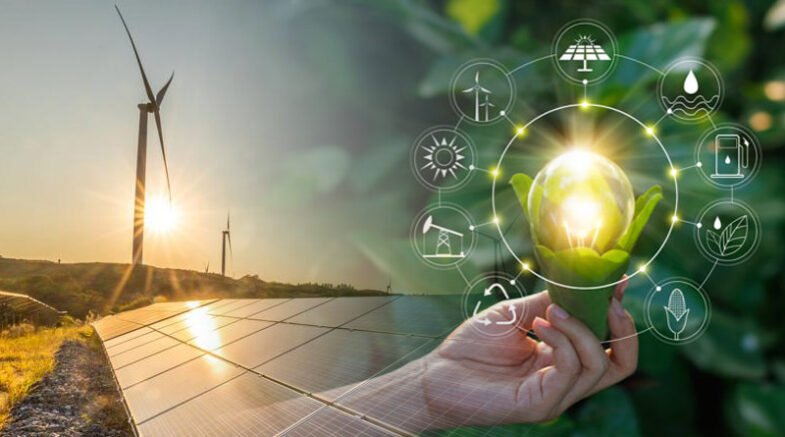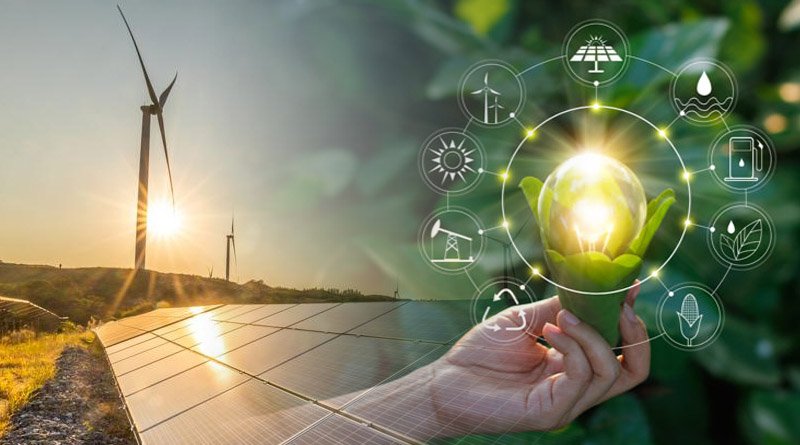Mr. Jafri said that, “Energy sector needed to be completely decarbonized, which necessitated a complete change in lifestyles and policy changes at the local, state, and federal levels.”

At a roundtable discussion on “Decarbonization of the energy sector: options for Pakistan” sponsored by the Institute of Regional Studies (IRS)’ Strengthening Climate Resilience Program, Syed Aqeel Hussain Jafri, Director Policy and International Cooperation, Alternative Energy Development Board (AEDB), provided the keynote address.
According to Mr. Jafri, the transition to clean energy is currently a global phenomenon, with numerous nations making the switch while taking climate change into account.
Mr. Jafri said that the Pakistan has a unique energy situation because, in the 1970s and 1980s, the nation used hydroelectric power generation methods that eventually gave way to the use of fossil fuels. He continued that long-term plans for power generation were urgently needed, just as they were in the global energy sector.
According to him, the energy sector needed to be completely decarbonized, which necessitated a complete change in lifestyles and policy changes at the local, state, and federal levels. Energy expert Dr. Khalid Waleed of the Sustainable Development Policy Institute (SDPI) stated that it was crucial to reward the renewable energy sector in the current climate.
The challenges facing the economy, energy, and environment (the three Es) in Pakistan right now, he continued, demanded immediate attention. Addressing the three separately became more and more challenging due to their interconnectedness.
He noted that the yearly high cost of fuel imports led to a gradual switch to using carbon-based solutions to meet domestic energy needs, which greatly increased the aforementioned challenge. He suggested that the urgent need was for a coordinated integration of our economic policy with our renewable energy and environmental policies.
Dr. Khalid argued that limiting carbon utilisation in the power sector is not enough to achieve complete decarbonization of energy sector and that we need to use a minimalistic approach in our life style.
Mr. Song, Executive Deputy Director, Port Qasim Electric Power Company (Private) Limited, argued that the economy is the fundamental issue for Pakistan, and that, with the right amount of capital, Pakistan could improve its power generation.
One proposition could be to combine small hydro projects with gas turbine generators to maximise output, he said, adding that a smart metering system could also be used to improve the current situation.
The experts concurred that urgent action was needed to address the growing global warming, which was primarily caused by human-centered activities.
Human activities needed to be separated from the world’s growing addiction to fossil fuels, and China played a significant role in the development of alternative renewable energy sources, particularly thanks to its unmatched expertise in solar power production. The Institute of Regional Studies‘ (IRS) president, Nadeem Riyaz, also spoke at the event.
